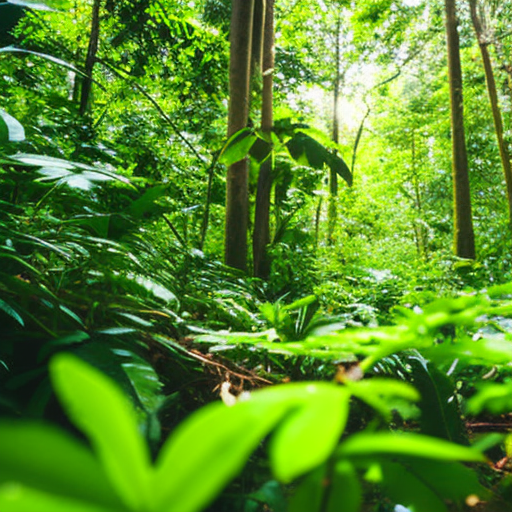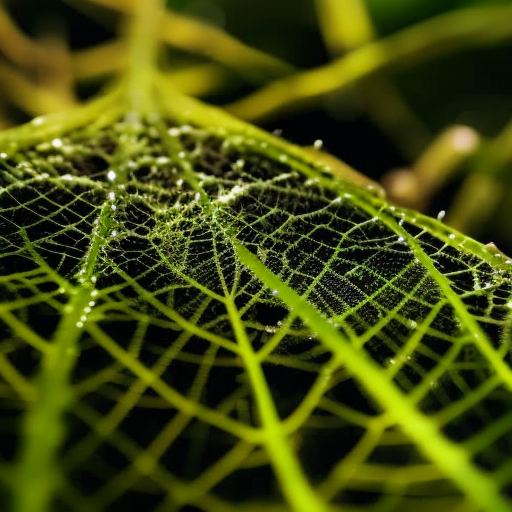Ethnobotany: Exploring the Relationship Between Plants and People
Ethnobotany is the scientific study of the relationship between plants and people, particularly in indigenous cultures. It combines elements of anthropology, botany, and ecology to understand how different cultures use plants for food, medicine, shelter, and other purposes. This interdisciplinary field provides valuable insights into traditional knowledge systems and the sustainable use of plant resources.
History and Importance of Ethnobotany
Ethnobotany has a long history, dating back thousands of years. Indigenous cultures around the world have relied on plants for their survival and well-being, developing intricate knowledge systems about their uses. Early civilizations, such as the ancient Egyptians and Greeks, also recognized the importance of plants and documented their medicinal properties.
In modern times, ethnobotany has gained recognition as a scientific discipline. It has become increasingly important in the face of environmental degradation, loss of biodiversity, and the erosion of traditional knowledge. Ethnobotanical research helps preserve and promote sustainable practices, while also providing insights for drug discovery and the development of new agricultural techniques.
Methods and Approaches in Ethnobotany
Ethnobotanical research involves a range of methods and approaches to understand the complex relationship between plants and people. Fieldwork is a crucial component, as ethnobotanists work closely with indigenous communities to document their knowledge and practices. This often includes interviews, participant observation, and the collection of plant specimens.
Ethnobotanists also collaborate with botanists, ecologists, and other scientists to identify and classify plants, analyze their chemical composition, and study their ecological interactions. These interdisciplinary collaborations help build a comprehensive understanding of the cultural, ecological, and economic dimensions of plant use.
Applications of Ethnobotany
Ethnobotany has numerous practical applications in various fields. One of the most significant areas is medicine. Traditional medicine systems, such as Ayurveda and Traditional Chinese Medicine, rely heavily on plant-based remedies. Ethnobotanical research helps validate the efficacy of these traditional medicines and provides insights for the development of new drugs.
In addition to medicine, ethnobotany contributes to sustainable agriculture and conservation efforts. Indigenous farming practices often incorporate traditional knowledge about soil fertility, crop rotation, and pest control. By studying these practices, scientists can develop more sustainable and resilient agricultural systems.
Ethnobotanical research also plays a crucial role in biodiversity conservation. Indigenous communities have deep knowledge about their local ecosystems and the plants that inhabit them. By documenting this knowledge, scientists can identify and protect valuable plant species and habitats.
Challenges and Future Directions
Despite its importance, ethnobotany faces several challenges. The erosion of traditional knowledge due to globalization, urbanization, and cultural assimilation threatens the preservation of indigenous plant knowledge. Additionally, the exploitation of plant resources for commercial purposes without proper compensation or recognition of indigenous rights is a significant concern.
To address these challenges, it is essential to involve indigenous communities in research and decision-making processes. Collaborative partnerships that respect indigenous knowledge and rights can lead to more equitable and sustainable outcomes. Furthermore, efforts to document and preserve traditional knowledge should be supported, along with initiatives to promote the revitalization of indigenous cultures.
In the future, ethnobotany will continue to contribute to our understanding of the intricate relationship between plants and people. By combining traditional knowledge with scientific research, we can develop innovative solutions for sustainable resource management, conservation, and human well-being. Ethnobotany serves as a bridge between traditional wisdom and modern science, highlighting the importance of preserving cultural diversity and the natural world.












